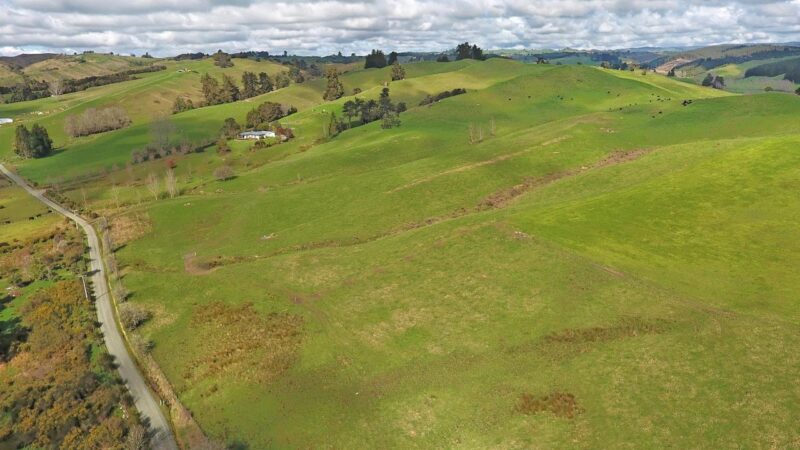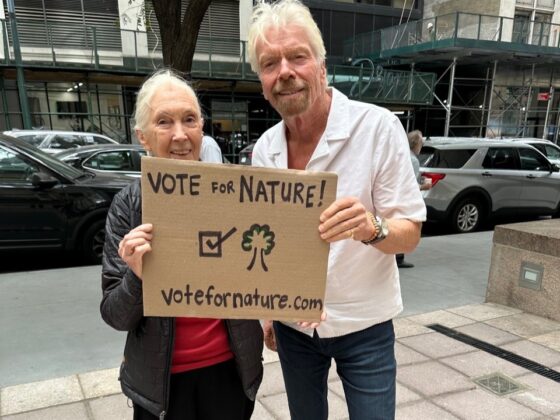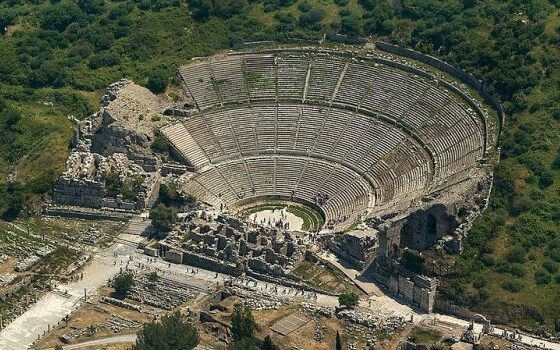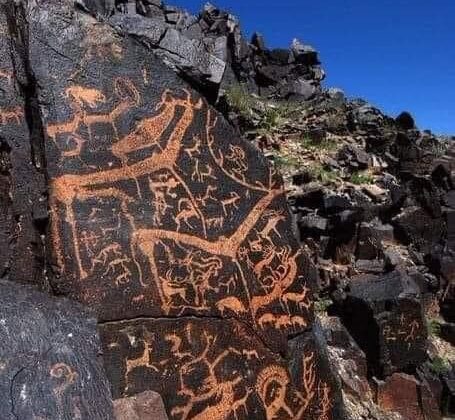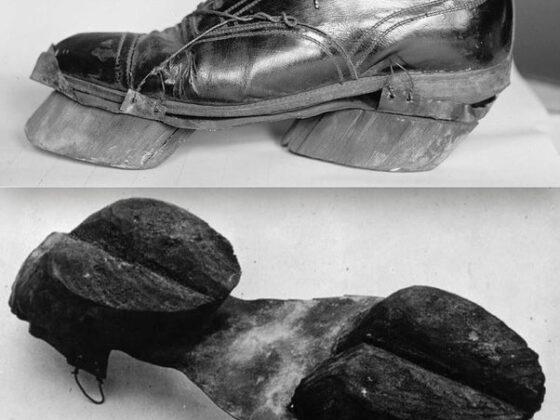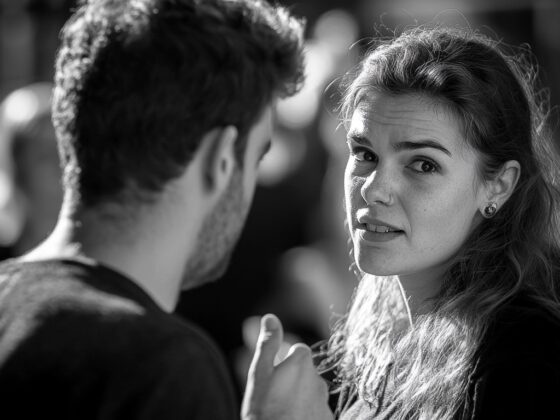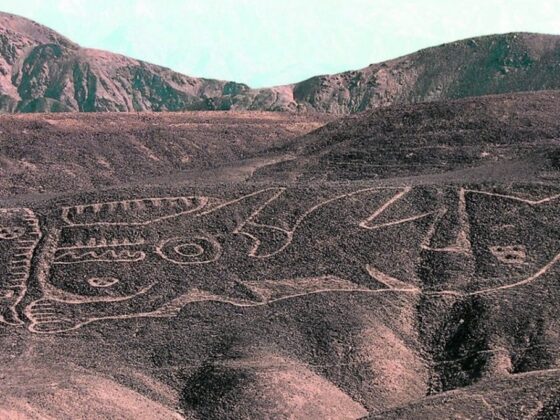When I first set foot on the 150-acre farm in the stunning Ngatimoti Valley, I felt a mix of excitement and responsibility wash over me. This wasn’t just any piece of land – it was a slice of New Zealand history, one of the first settlements in the area. As I stood there, taking in the rolling hills and the distant mountains, I couldn’t help but reflect on the journey that led me here and the path that lay ahead.
A Rich History
The farm’s story begins with the Strachans, the original migrants who settled this land. They started with blackberries, then moved to tobacco, and later ran stock. It’s a tale of adaptation and perseverance, typical of many early New Zealand settlers. But as I delved deeper into the Nelson Museum archives, I stumbled upon a comment that gave me pause.
There was boasting about how much land was cleared in a day.
That single line hit me hard. It encapsulated an attitude that’s been prevalent not just in New Zealand, but across the world – the idea that progress means taming nature, bending it to our will. The result? Scorched earth divided up by post and wire fencing. It’s a practice that’s criminal, not only for the land and native forests but for animal welfare too. These barren fields offer no shelter from the extremes we experience here – not even a hedge to break the wind or provide shade.
The Wealthness Approach
As a Wealthness practitioner, I couldn’t ignore this. The very essence of Wealthness is about finding balance – between financial success, personal well-being, and positive impact on the world around us. Looking at these cleared gullies and steep banks, I saw an opportunity to put these principles into action.
I’ve dedicated substantial resources to rewilding these degraded and, frankly, unproductive areas. The truth is, there was never any need to clear them in the first place. They weren’t suitable for farming, and their clearing likely caused more harm than good. Now, I’m working to link each rewilded area with hedges, creating corridors of native vegetation that will support local wildlife and improve the overall health of the land.
Innovations for a Sustainable Future
This rewilding project isn’t just about planting trees and hoping for the best. I’ve incorporated many innovative features, which you can explore in detail at tane.co.nz. These innovations are designed to maximize the impact of our restoration efforts while minimizing ongoing maintenance needs.
For instance, we’re using specialized planting techniques that help young trees establish quickly, reducing the need for ongoing weed control. We’re also implementing water management systems that capture and distribute rainwater effectively, supporting our plantings even during dry spells.
But perhaps the most exciting innovation is our approach to monitoring and data collection. We’re using drone technology and AI-powered image analysis to track the progress of our rewilding efforts. This not only helps us understand what’s working best but also allows us to share our findings with others who might want to undertake similar projects.
The Balancing Act
Now, here’s where the real challenge of Wealthness comes in – finding the balance. As much as I’d love to rewild the entire 150 acres, that’s simply not feasible. The farm needs to be financially sustainable for me to keep it and continue my restoration efforts. This means I have to create grazing land and make a profit while restoring as much as I can.
It’s a delicate balancing act, one that requires constant attention and adjustment. Some days, I find myself poring over financial spreadsheets, looking for ways to optimize our farming operations. Other days, I’m out in the gullies, hands in the dirt, planting native seedlings.
This balance is at the core of Wealthness. It’s not about sacrificing financial stability for environmental ideals, nor is it about pursuing profit at the expense of everything else. Instead, it’s about finding that sweet spot where we can thrive personally while also contributing positively to the world around us.
The Soul-Feeding Passion
While the farm operations are crucial for maintaining this project, I have to admit – the restoration work is what truly feeds my soul. There’s something profoundly satisfying about seeing a barren hillside slowly come back to life. Watching native birds return to areas they haven’t inhabited in generations, or seeing a stream run clear for the first time in decades – these moments are priceless.
This passion isn’t just about personal fulfillment, though. It’s about recognizing our role as stewards of the land. For too long, we’ve taken from the earth without giving back. This restoration work is my way of trying to right that balance, to give back to the land that sustains us all.
Lessons in Patience and Persistence
One of the biggest lessons I’ve learned through this process is the importance of patience and persistence. Rewilding isn’t a quick fix. It’s a long-term commitment that requires consistent effort and a willingness to adapt.
There have been setbacks, of course. Young trees damaged by unexpected frosts, areas where invasive species proved particularly stubborn, times when the financial pressures of running the farm made it tempting to scale back our restoration efforts. But each setback has been a learning opportunity, a chance to refine our approach and come back stronger.
This patience and persistence are key principles of Wealthness. True wealth – the kind that enriches our lives and the world around us – isn’t built overnight. It’s the result of consistent, mindful effort over time.
The Ripple Effect
As I’ve embarked on this journey of balancing farm management with ecological restoration, I’ve been amazed by the ripple effects it’s created. Neighbors have started to take notice, asking questions about our rewilding efforts and even starting small projects of their own. Local schools have reached out about bringing students for educational visits.
See our charity Seed Hunter Tribe
This is another crucial aspect of Wealthness – recognizing that our actions don’t exist in isolation. Everything we do has the potential to influence others, to spark change beyond our immediate sphere. By sharing our successes (and our failures), we can inspire and empower others to take similar actions in their own lives and communities.
The Bigger Picture
While my focus is on this 150-acre slice of New Zealand, I’m always mindful of the bigger picture. The challenges we’re addressing here – habitat loss, soil degradation, the need for sustainable agriculture – are global issues. Our little farm is just one tiny piece of a much larger puzzle.
But that’s the beauty of the Wealthness approach. We don’t need to solve all the world’s problems single-handedly. Instead, we focus on making positive changes in our own sphere of influence, trusting that these efforts, combined with those of others around the world, can add up to significant impact.
Looking to the Future
As I look to the future, I’m filled with a sense of excitement and purpose. There’s still so much work to be done on the farm – more areas to rewild, more sustainable practices to implement, more balance to be found between productivity and restoration.
But beyond the boundaries of our farm, I see even greater potential. I envision a future where the principles of Wealthness – this balance between personal success, well-being, and positive impact – become the norm rather than the exception. A future where farmers, business leaders, and individuals all strive to find that sweet spot where their pursuits benefit themselves, their communities, and the planet.
Invitation to Reflect
As I wrap up this reflection on my journey with the farm, I invite you to consider your own path. You may not have 150 acres to rewild, but we all have spheres of influence where we can apply Wealthness principles.
Ask yourself:
- Where in your life can you find a better balance between personal success and positive impact?
- What small changes could you make that would benefit both you and the world around you?
- How can you use your unique skills and resources to contribute to a more sustainable future?
Remember, Wealthness isn’t about perfection. It’s about progress, about consistently striving to do better. Whether you’re managing a farm, running a business, or simply navigating daily life, there are always opportunities to find that balance, to create wealth that goes beyond mere financial success.
The Ongoing Journey
As I stand once again in the Ngatimoti Valley, looking out over the farm, I’m struck by how much has changed since I first arrived. Areas that were once barren are now showing signs of life. The sound of native birds fills the air. The farm is productive, yes, but it’s also healing.
This journey – of restoration, of finding balance, of practicing Wealthness – is far from over. In many ways, it’s just beginning. There will be more challenges to face, more decisions to make, more balance to find. But I’m ready for it all, armed with the principles of Wealthness and a deep commitment to doing what’s right for the land, for the community, and for myself.
The farm, with all its complexities and potential, is indeed a means to a better environment. But it’s also so much more than that. It’s a living laboratory for Wealthness principles, and what’s possible when we strive for balance, and a daily reminder of the profound connection between our personal well-being and the health of the world around us.
As we continue this journey, I invite you to join me – not necessarily in farming or rewilding, but in your own pursuit of Wealthness.
Together, through our individual efforts and collective impact, we can create a future that’s truly wealthy in every sense of the word.
